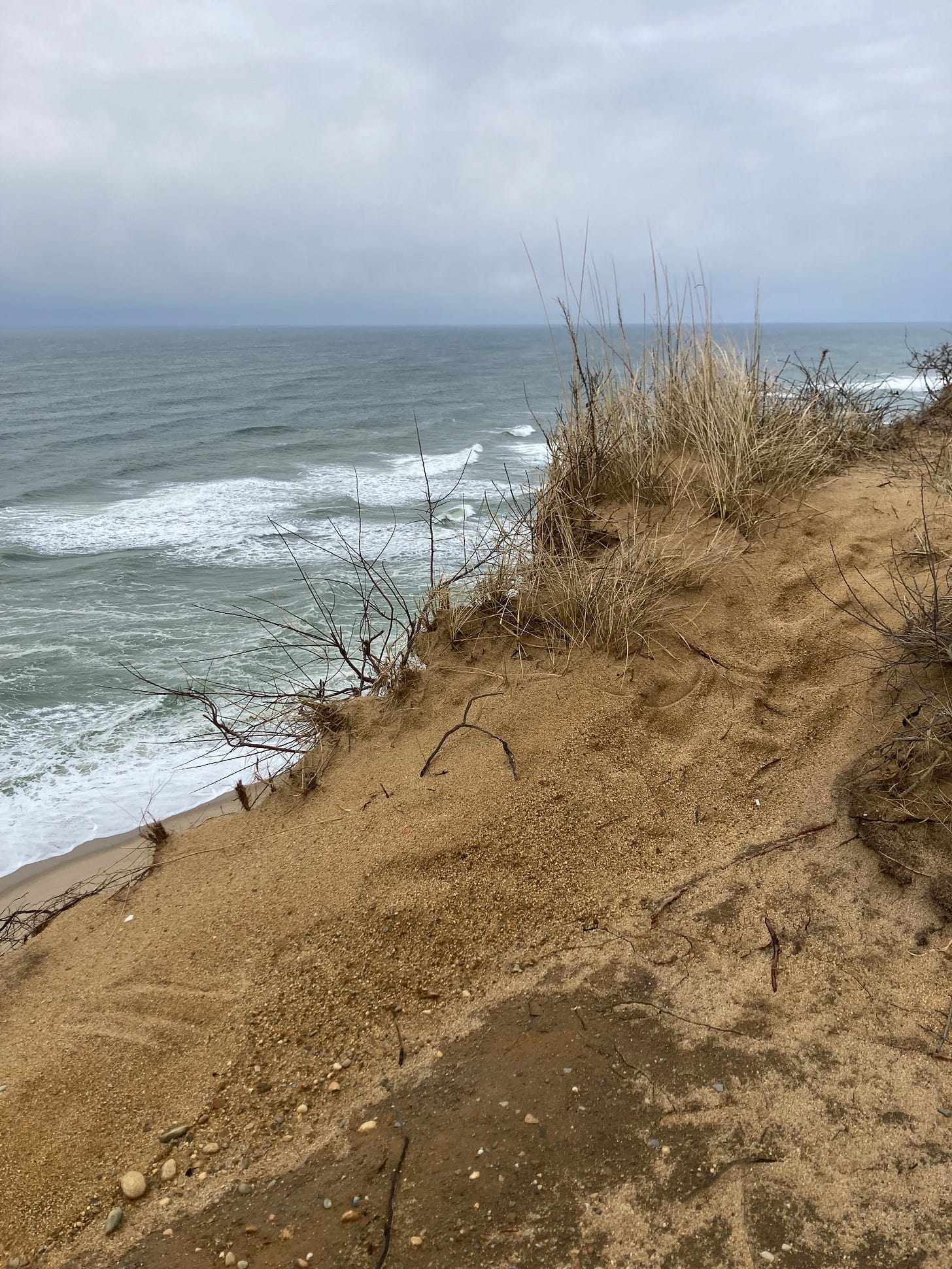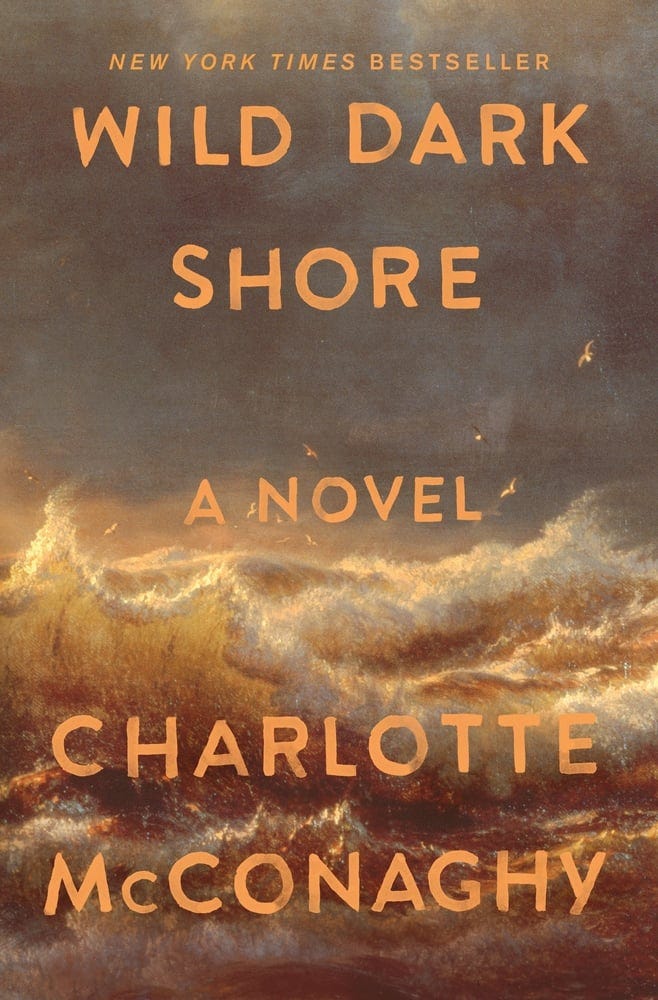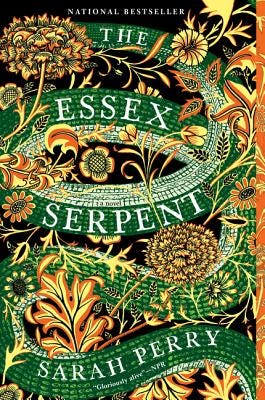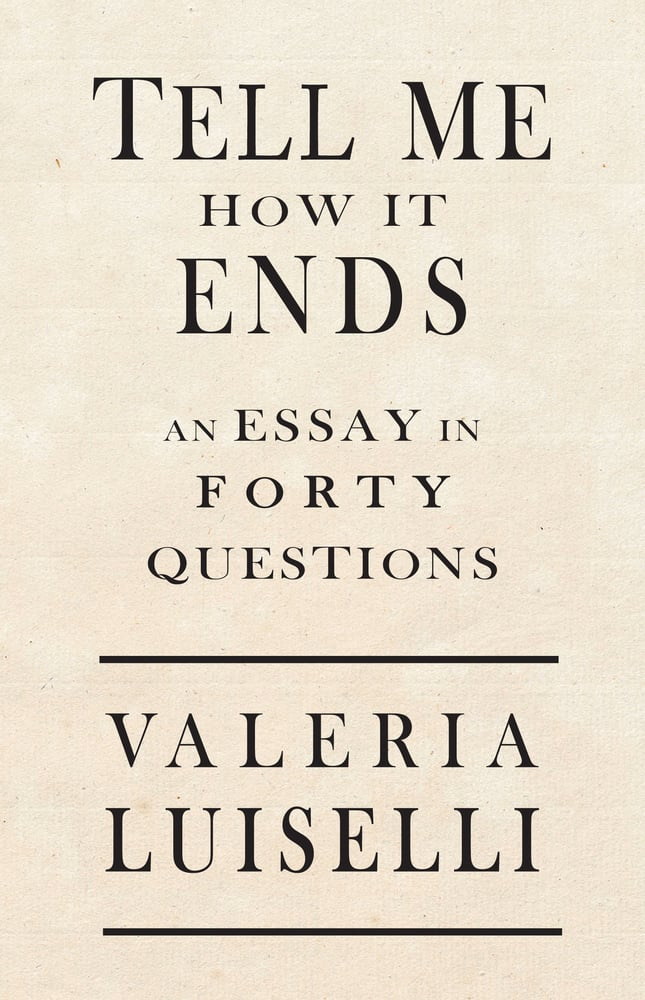Reading Roundup
A midsummer mostly-mystery miscellany.
The summer reading roundup1 is a classic.2 As a break from all the recent art posts, let’s take a look at what else I’ve been consuming (with footnotes).
Charlotte McConaghy’s Wild Dark Shore, recommended by
for a group discussion of bestsellers in her Novel Study Book Club on Patreon.3 Set in a forbidding Antarctic landscape4, the novel beautifully intertwines a thriller plot about eccentric characters stranded on a remote island with a lot of deep research into the flora and fauna of the area. McConaghy juggles multiple points of view and, as Kristen describes in her posts on the novel, sets up a series of interlocking plot questions that propel the whole. Once one answer emerges, another question organically appears. And those characters!—each unbalanced and hurting but the more appealing and poignant for that. The big themes are tough ones—personal and terrestrial loss—but the novel doesn’t shy away from its conclusions. As humans, our decisions will have real-life consequences: that’s an unusual and sort of refreshing insistence from a novel.
Sarah Perry’s The Essex Serpent, recommended to me by a friend in England for its atmospheric Victorian setting, which it had in abundance! The novel straddles grim realism and eerie folk tale, managing both very ably and originally. I enjoyed reading about a swampy part of England I’ve never seen5 but I never quite connected with the characters, who needed more to do, I think. They spent too much time in their own heads, so the reader does too.
Finally, a nonfiction title that doesn’t fit here but made a big impression on me. Valeria Luiselli’s Tell Me How It Ends: An Essay in 40 Questions was published during an earlier anti-immigration crack down in the United States but is even more relevant for the brutal one we’re in now. Luiselli is a writer and Mexican immigrant who volunteered in 2015 to translate for undocumented minors being processed by the U.S. federal immigration court.6 That process begins with a forty-question intake, that creates a structure for her book as she considers the terrible stories she hears and her own experience as a parent of naturalized children living in the United States. As a translator, she attends closely to language, parsing what is unsaid or unsayable, especially in court. The book is short but Luiselli navigates this fraught terrain elegantly, braiding research and anecdote into a cohesive whole. It is horrifying and hopeful all at once.
I’m currently in the middle of Louise Hegarty’s Fair Play, a recent British mystery recommended by the New York Times. It is organized into parts and the first part was so strangely written (all present tense in short declarative sentences with a shifting POV) that I almost quit. It wasn’t until I got to the second part that I realized that was somehow intentional. A risky opening move! But now I’ll push on and see where this is going. I have Gillian McAllister’s Famous Last Words lined up next— so you can see what my summer will be like. (I do write mysteries now so this too is research!)
Lookback
Also read for mystery research: The Other Side of Mrs. Wood by Lucy Barker and The Mesmerist by Caroline Woods. Both were interesting angles on Victorian spiritualism, which will be a theme of the next mystery I’m co-writing with my friend Christina Boufis. We will both be at the Bouchercon mystery conference in New Orleans in September and I’ll report back on that after my first time there.
Follow ups: My short review of the Julia Margaret Cameron show I wrote about here posted to the newsletter
this week. I was delighted to be their first guest writer and enjoyed the collaborative editing process with . It was interesting to be on the other side of that conversation again—trying to answer a real reader’s (valid!) questions about what I mean on the page…. I hope to write more for them occasionally since I see a lot of art in New York City. :) recently began the 20th Century Book Club discussion of Dorothy Sayers’s Gaudy Night that I mentioned in my last post and I’ve been enjoying that too. I stumbled on this mystery conference at Oxford later this summer and fantasized about flying to England just for that (!) but decided it made more sense to attend online—without all the ambiance, unfortunately.What have you been reading this summer? Do you have reliable sources for book leads, whether reviews or friends? Please share in the comments. I pick over the NYT recommendations for mysteries and romances, if not literary fiction, and they are mostly hit or miss for me. I’m not much of a good literary citizen and don’t read reviews regularly.7
I had to look up whether this term is round up or roundup. I like the satisfying distinction that it’s round up as a verb and roundup as a noun, confirmed by Merriam-Webster. I’d prefer round up here, myself, but will comply.
Here is my roundup from last year, to compare.
I also read Emily Henry’s Great Big Beautiful Life as part of that series, but was less impressed. I’ve read other books by Henry that I enjoyed more. This one seemed a intentional mashup of cultural tropes when I wanted something fresher.
There is nothing better than a polar setting during a heat wave!
I do wish I could write poetically, as Perry does, about landscape. I love reading it (in McConaghy’s book too) but it’s not my skill set.
In the United States, undocumented minors are not assigned or even entitled to legal representation in immigration court, though advocacy organizations try to provide as much support as they can as lawyers, social workers, translators, and observers. I read this book to prepare for being a volunteer observer myself, and sat in on one court session online, where undocumented teenagers were processed in groups. Since ICE started arresting and deporting immigrants who showed up for their court dates, though, the organization I worked with has paused this volunteer program for now.
Apologies for all the alliteration! It’s over now.






Tell Me How It Ends is a really powerful book. I was living in Texas when it came out, and it made a huge impression on me (recommended to me by my youngest son). I've lived in border states all my life, had relatives in the Border Patrol; the farm I grew up on was raided often (sometimes by relatives). It's a complex (as we like to say) place that I don't think many people really understand. I really appreciated Luiselli's perspective--on more than just the border, of course. And damn she's a great writer!